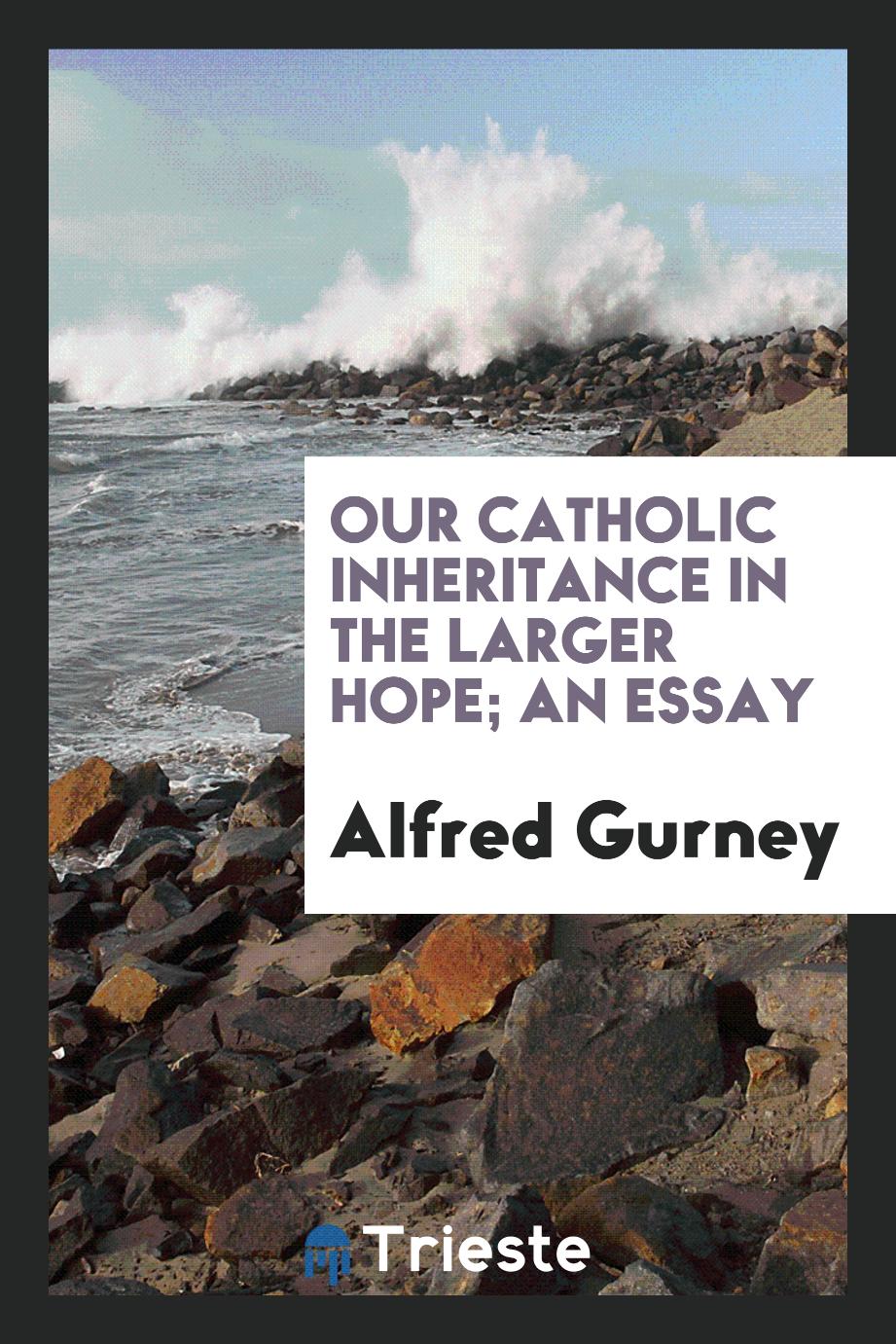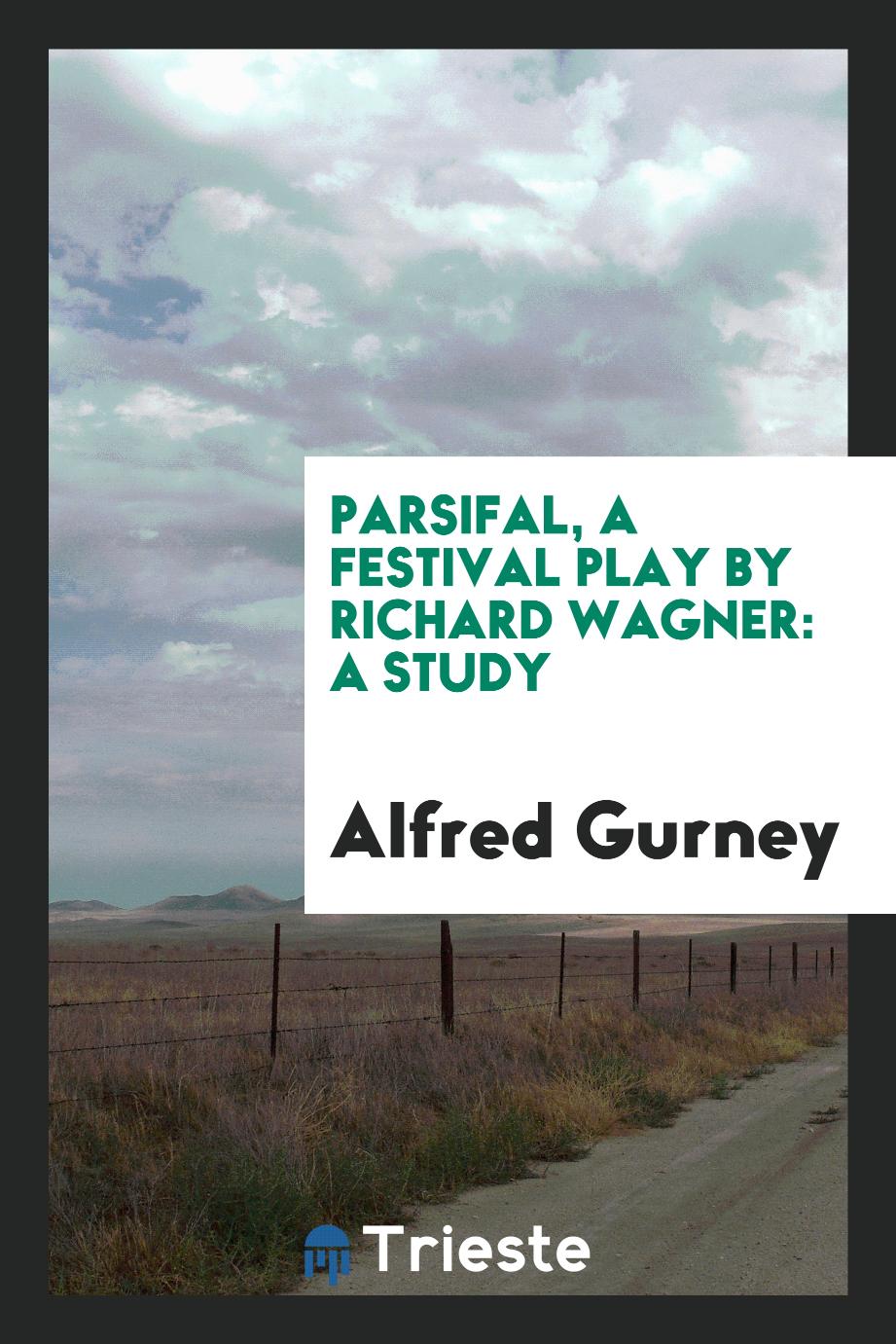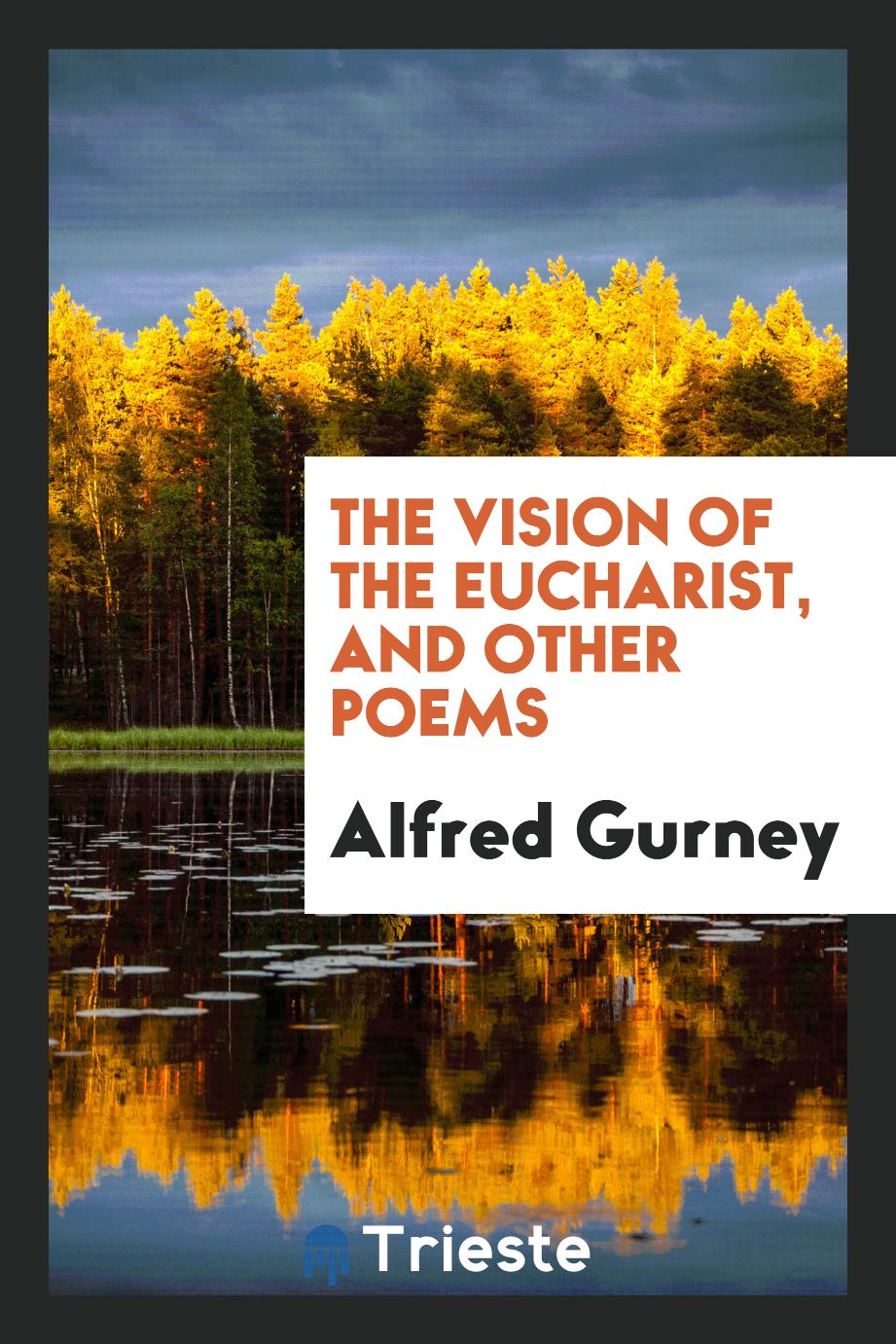
Alfred Gurney
Alfred Gurney (1843–1898) was an English clergyman and writer. The second son of John Hampden Gurney, he was the brother of Edmund Gurney, a psychic researcher. His father died in 1862, five children were raised by Russell and Emilia Gurney, their uncles and aunts. Gurney was educated at Exeter College in Oxford, enrolled in college in 1862 and received a bachelor's degree. in 1866 M.A. in 1869, he entered the Inner Temple in 1867. Changing his career, Gurney went to church. Richard William Randall at All Saints, Clifton offered him the chance of 1872 to be ordained and become his curator. This was a false start because Charles Ellicott, as bishop, refused to ordain Gurney, citing Randall's ritual. Gurney became the curator of Arthur Wagner; in 1877, he was assistant curator at St. Bartholomew's Church, Brighton. During this period of his life, he met Ellen Beardsley, mother of Aubrey Beardsley; whom he later encouraged as an artist. Gurney was in 1879 the vicar of St. Barnabas, Pimlico, in London - the 1850 church associated with the Oxford Movement - and became known for religious verse. He formed what was called the "Catholic community" around the church. Including church music, Gurney created a choir led by Thomas Helmore. George Herbert Palmer was an organist. Services used incense. During the 1890s, Gurney had the original St. Barnabas jewelry created by Thomas Kandy, designed by George Frederick Bodley. A glass of Charles Kempe and Ninian Comper was introduced, replacing it with William Wales. Gurney died in Rohempton in 1898.



